Do you ever listen to music and instantly connect with the lyrics of a song? Lyrics that reflect your own life and experiences that it feels it was written just for you? I recently had such an experience. Sitting upright in bed with my laptop on my lap, ready to work, I selected a random playlist on Spotify. A soft relaxing melody started, and the dulcet tones of Dina Carroll began. As she sang, “I Don’t Want to Talk About It,” a shiver ran up my spine. It resonated with me, as I often, too, don’t want to talk about it. Sometimes, I don’t want to talk about my health condition or disability.
It might seem surprising for someone who has spent much time talking about their health condition and disability online. Many would assume that I am completely comfortable about it since I share so much about it on social media. But in fact, it couldn’t be further from the truth.
The truth is, I am not confident or comfortable talking about my health condition or disability, particularly offline. It has and still can be a struggle for me to express the despair said ailments have on my life. Nor do I find it easy to articulate the full extent of the pain I constantly experience. Or the gravity of the other symptoms that are constantly with me. It can be hard to put in words just how much control and influence such symptoms have on every second of every day.
"I do not find it easy to articulate the full extent of constant, debilitating pain. Or the gravity of the other symptoms that are constantly with me. It is hard to put in words how much control such symptoms have on every day." Click To Tweet
The Struggle of Opening Up About My Health Condition & Disability
Although only diagnosed a few years ago, I have been experiencing symptoms since a very young age. It feels that severe aching pains in the legs, dizziness and weakness have always been with me. However, as such symptoms started at such a young age, I could not articulate what I was experiencing. I was much too young to be experiencing such things. And much too young to have the appropriate language to describe what it was I was experiencing or how such symptoms made me feel.
As the years progressed, I noticed that other children seemed to be more carefree than I was. They ran around unbothered by strange, unusual symptoms, unlike me. Me, who struggled with balance and pain and stiffness throughout my legs. And me who felt dizzy and off-balance, especially in enormous places with high ceilings. But other children seemed to do things that I found difficult with great ease. Other children unburdened by things that were a heavy load for me to carry.
Wanting To Hide My Disability Due to Embarrassment and Shame
I was afraid of acknowledging and speaking openly about what it was I was experiencing. I was afraid that others would see me as being different or odd.
"Sometimes I don't want to talk about my health condition or disability for fear of being seen as different or odd." Click To TweetAs time went on and my condition progressed, becoming worse and more evident, awkward situations became part of my norm. Tripping over, falling over straight onto my face, and legs collapsing from under me often leave me red-faced with embarrassment. Such incidents leave me feeling embarrassed about my disability, leaving me wanting to hide it even more.
"Tripping over, or falling over straight onto my face, often leave me red-faced with embarrassment. Such incidents leave me feeling embarrassed about my disability, leaving me wanting to hide it even more." Click To Tweet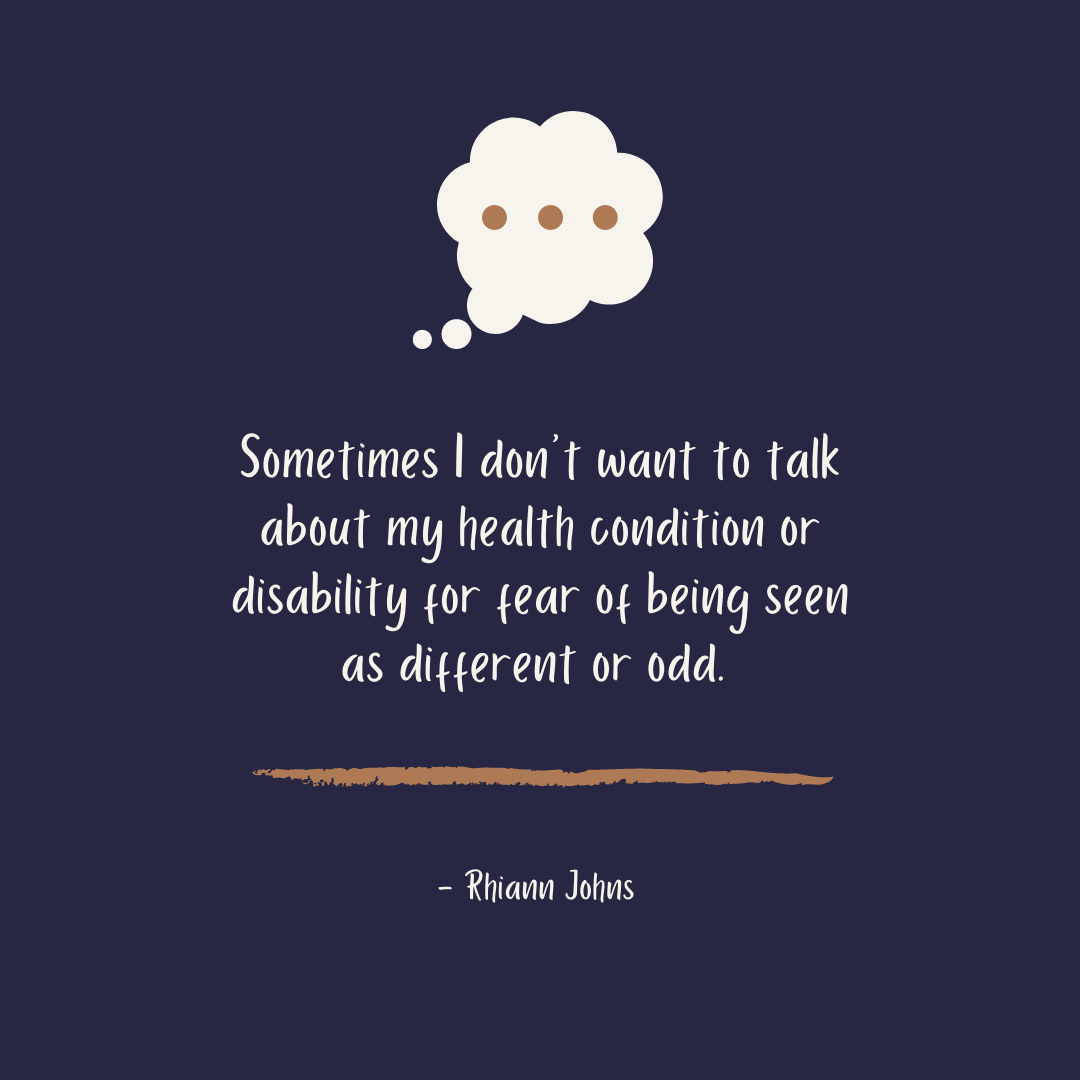
So, when I can, I do my best to hide my disability. I desperately want to fit in, in a world where everyone sees me as being different. But by talking about my health openly, I worry that it would only encourage more questions, more doubts and confusion, and more stares.
"When I can, I do my best to hide my disability. I desperately want to fit in, in a world where everyone sees me as being different. But by talking about it, I worry that it would only encourage more questions, and more stares." Click To TweetI’m Afraid Of Other People Only Seeing Me As The ‘Sick Girl’
Lately, I have noticed that more and more of my conversations centre around my chronic illness and ensuing disability. As a result, people are always full of questions; “What is your diagnosis? “How does your diagnosis affect you? “How have you been feeling lately”. Or constantly being asked what happened to my leg. As if my using a crutch results from an injury and not because of a disability. The answers to such questions have become ingrained into my mind, almost like a script. Still, it can be exhausting to repeat the same information many times over.
When meeting new people, my neurological condition is often the first item on the agenda. I know that people do this out of concern or worry. Or perhaps in an attempt to make me feel less self-conscious about my constant need for a mobility aid. But instead, I worry that my whole self-identity is that of the ‘sick’ girl, and that is how others see me.
"Sometimes I don't want to talk about my chronic illness or disability because I worry that by doing so, my whole self-identity is that of the 'sick' girl, and that is how others will see me." Click To Tweet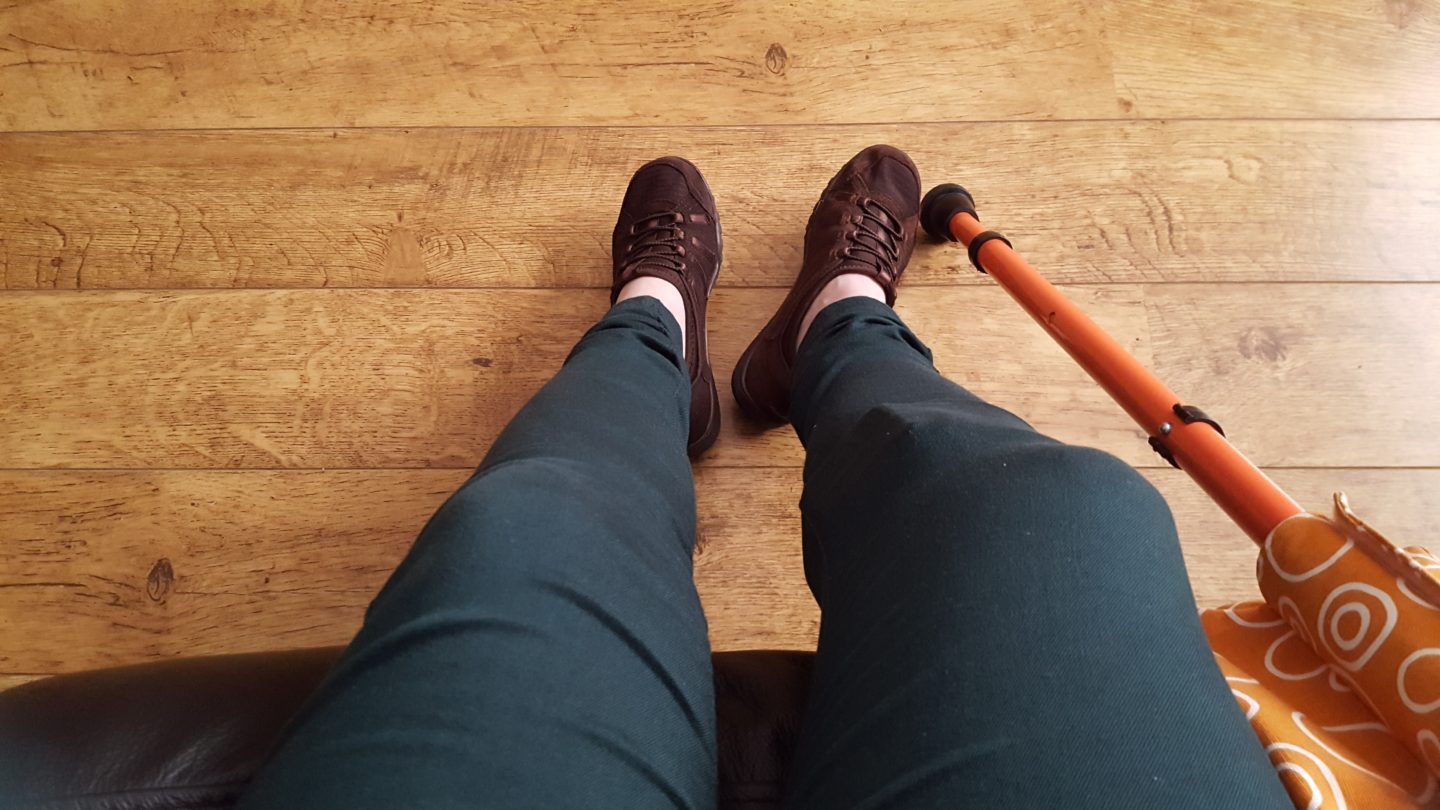
I know that I am so much more than my diagnosis and disability. Still, I worry that by talking openly about my life with FND and my disability, I only add to the impression that they define me. Or the most important thing that makes me me. By speaking so publicly about my diagnosis, I worry that they will become the only thing people see when they look at me.
I am so much more than a label. I want people to see me the person, and not me, the patient.
"I am so much more than a label. I want people to see me the person, and not me, the patient." Click To TweetSometimes I Don’t Want To Talk About My Disability
Although I have become better at accepting and discussing my neurological disorder and subsequent disability, I still have bad days. Moments that I wish I could be like everyone else and didn’t struggle with mundane things that come naturally to everyone else. I yearn to be just your average 30-something with a career and family. I wish that I didn’t have to plan everything and ensure I have assistance at all times.
There are times I want to hide or disguise my disability and mobility impairment because I have and still can feel different and left behind because of it. I want to feel normal. And I want to put those times and feelings to the back of my mind and focus on things that make me forget. I find films, book and the latest TV programmes much more interesting to talk about than my disability.
"There are times I want to hide my disability because I have and still can feel different. I want to feel normal. And I want to put those times and feelings to the back of my mind and focus on things that make me forget." Click To Tweet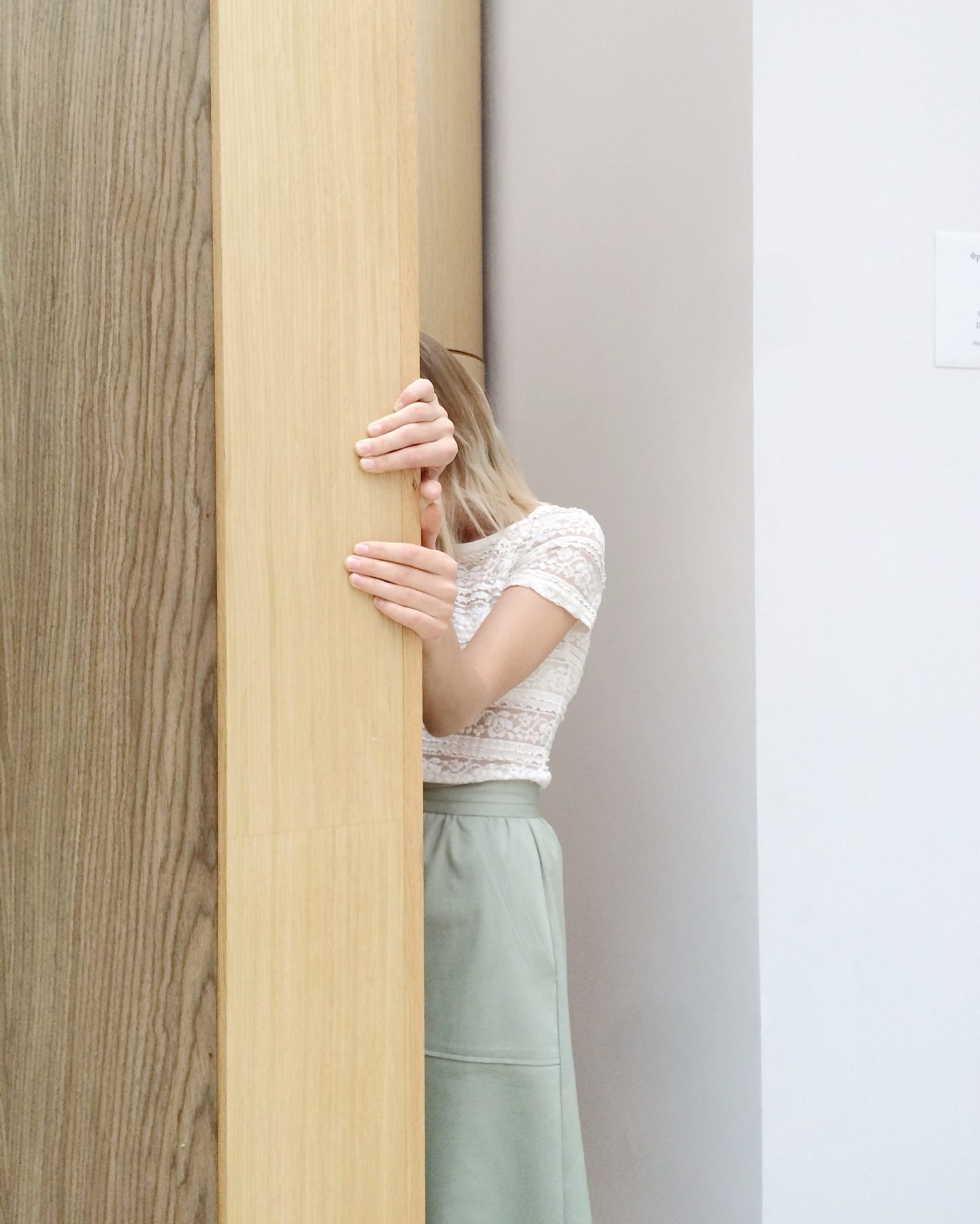
Sometimes I don’t want to talk about my disability because doing so only reminds me of the struggles, challenges and obstacles I constantly face. Talking about them reminds me of all the hurdles I still face, which is scary and overwhelming. At least, by talking about something else, I can forget they even exist for a little while.
"Talking about my illness and disability reminds me of all the hurdles I still face, which is scary and overwhelming. At least by talking about something else, I can forget they even exist for a little while." Click To TweetSo, Why I Do I Choose To Blog and Talk About It
It may sound hypocritical for a person who chooses to blog about their chronic illness and disability to write about why they often don’t want to talk about it. So why do I? I share my experiences of living with FND and my disability to help others feel that they are not alone. There are plenty of people out there who feel lost, broken, and alone because of this misunderstood diagnosis. I am all too familiar with such feelings. I experienced them during those years, searching for what wrong with me. Still overwhelmed by these feelings due to the frustration over the lack of help and support out there for those living with FND. So, I write so that people going through what I did might find comfort and reassurance in my words.
I also want to, and hope I do, show people that it is possible to overcome challenges. And possible to enjoy things that you may think not possible even when overwhelmed by debilitating symptoms.
I am ironically talking about chronic illness and disability by telling you that there are times I don’t want to talk about it. There are times when I want to hide my health condition and disability. And times when I’ll happily talk about it with you.
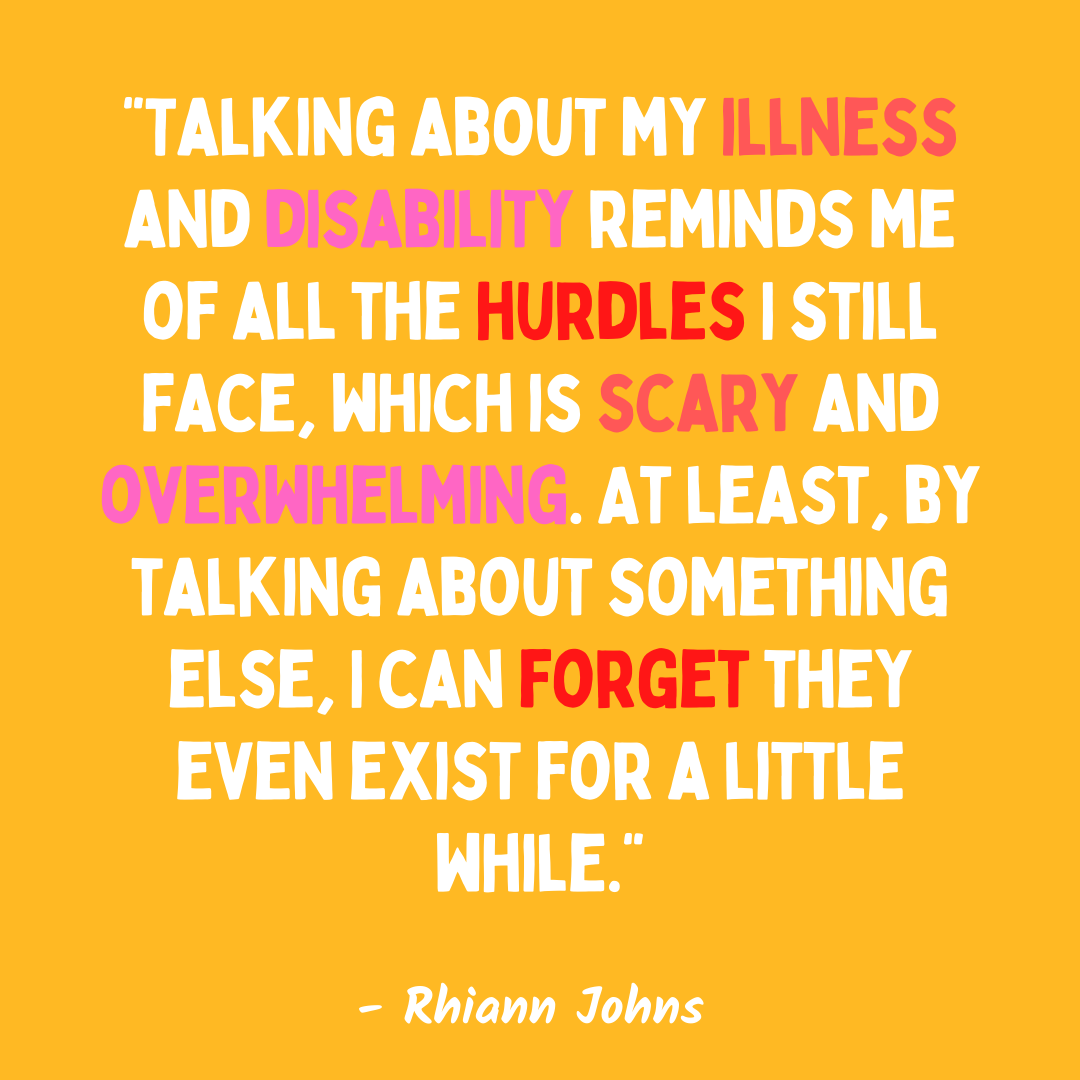
Sometimes I Need A Break From Talking About My Health and Disability
But sometimes, I need a break from talking about my health condition and disability. I need a break because it sometimes feels that so much of my time is spent talking about it. Sometimes I would rather spend my time talking about the weather, or what I am reading or what was on television last night.
"Sometimes, I need a break from talking about my health condition and disability. I need a break because so much of my time is spent talking about it. I would rather spend my time talking about books or what was on TV last night." Click To TweetThere is so much more to be than FND or my disability. Sometimes I’d rather my focus be on those things rather than dwelling on illness and impairment.
Sometimes I want to be me and not me that has something wrong with them.
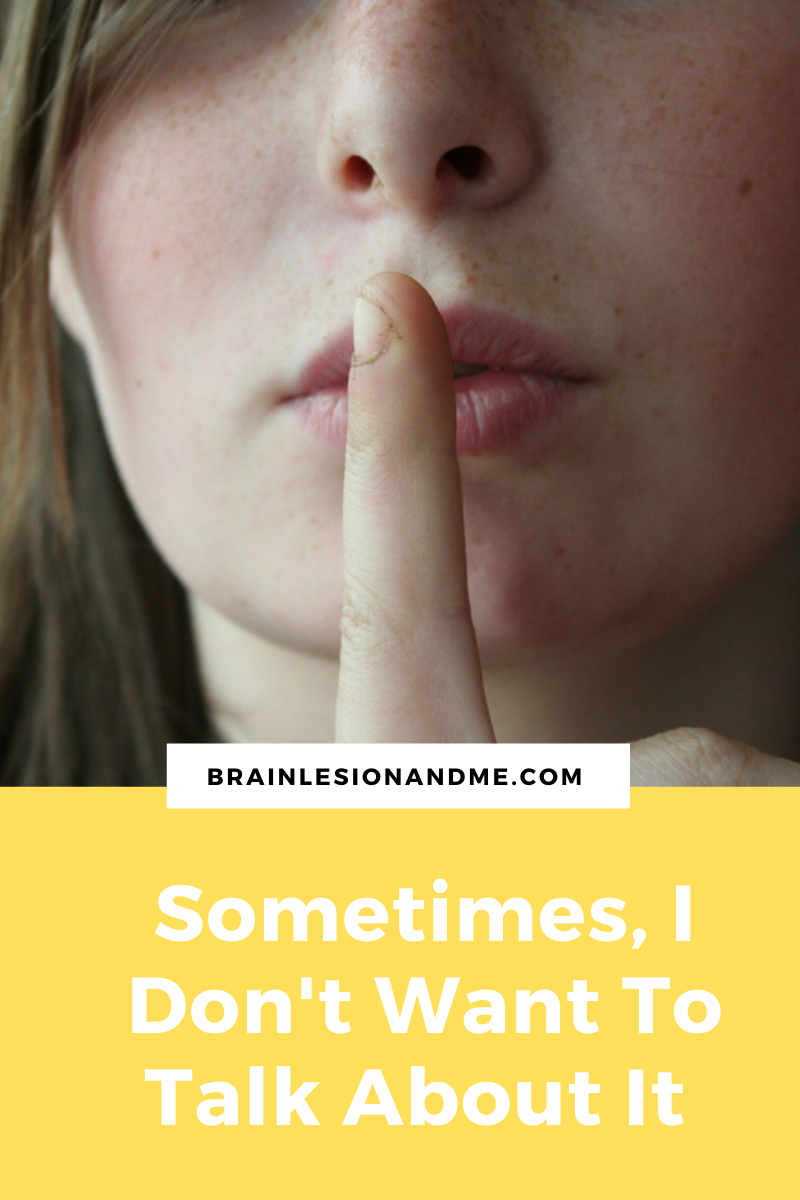
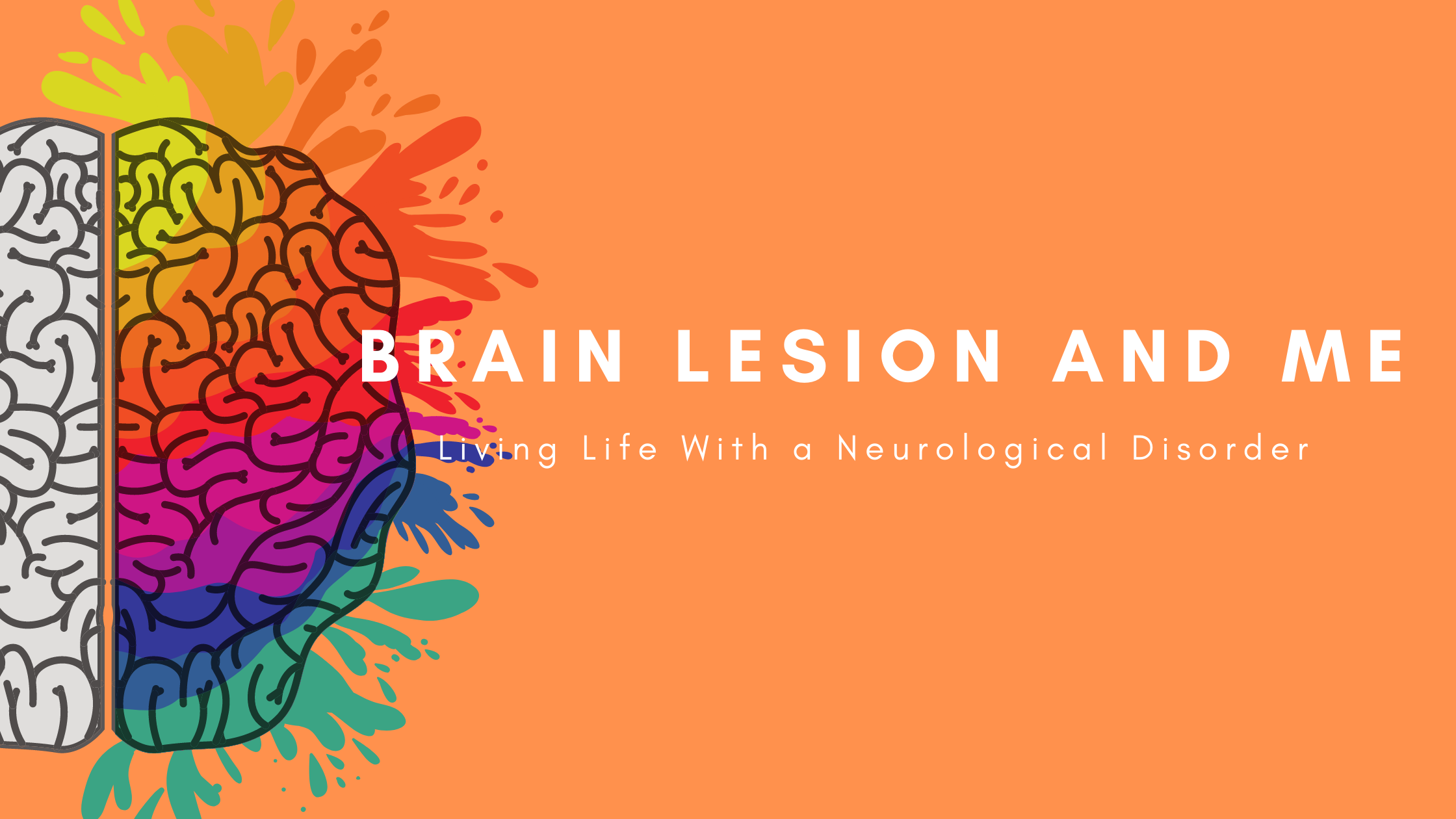
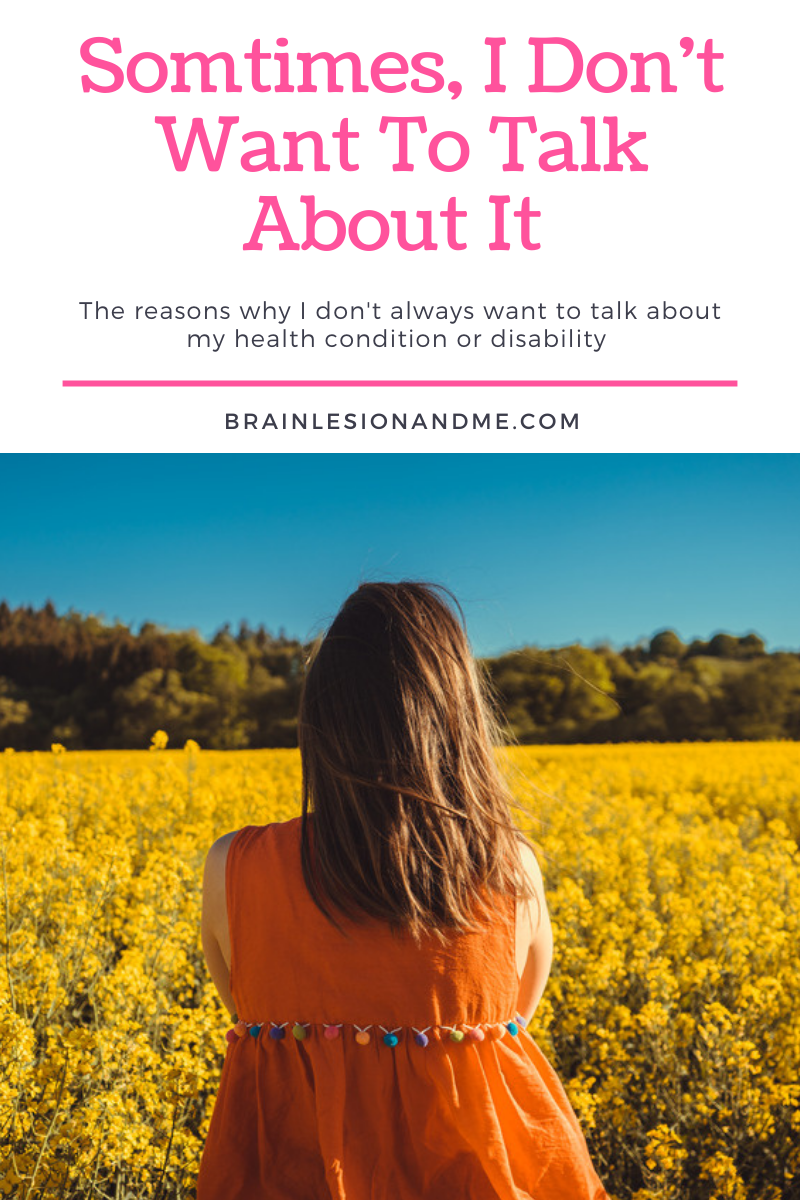
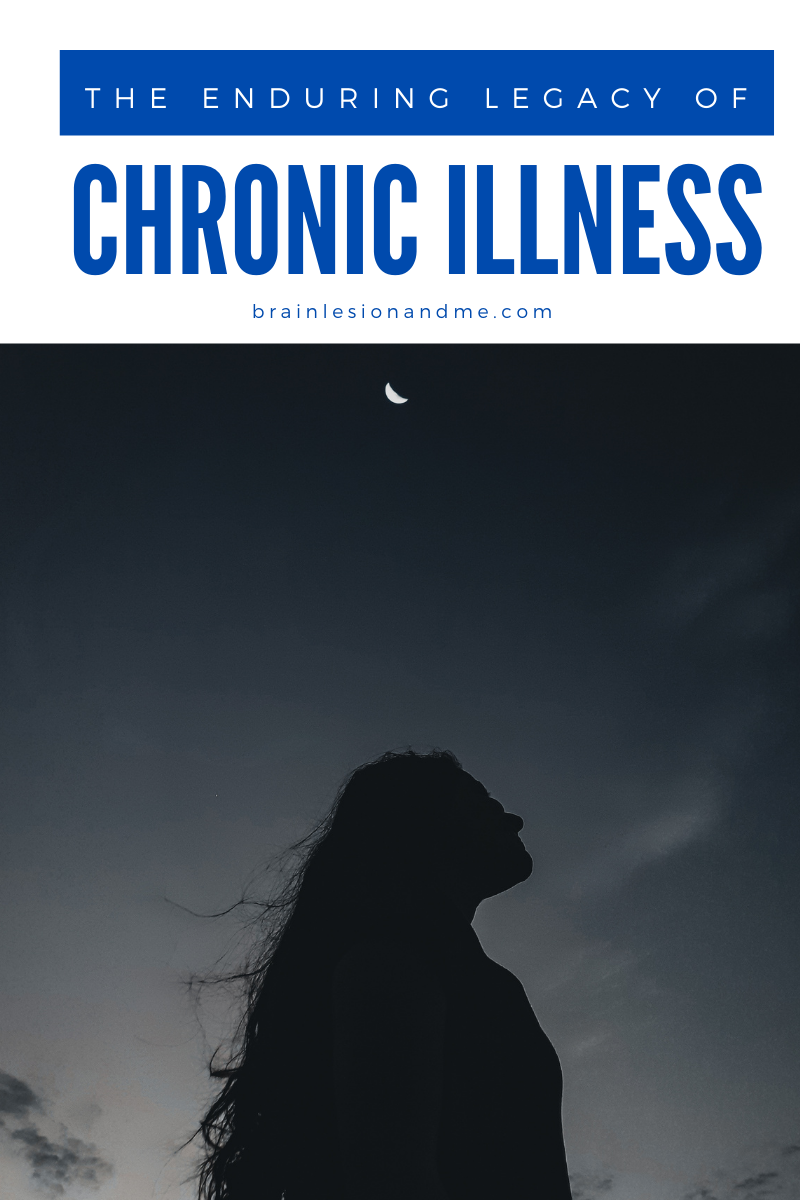
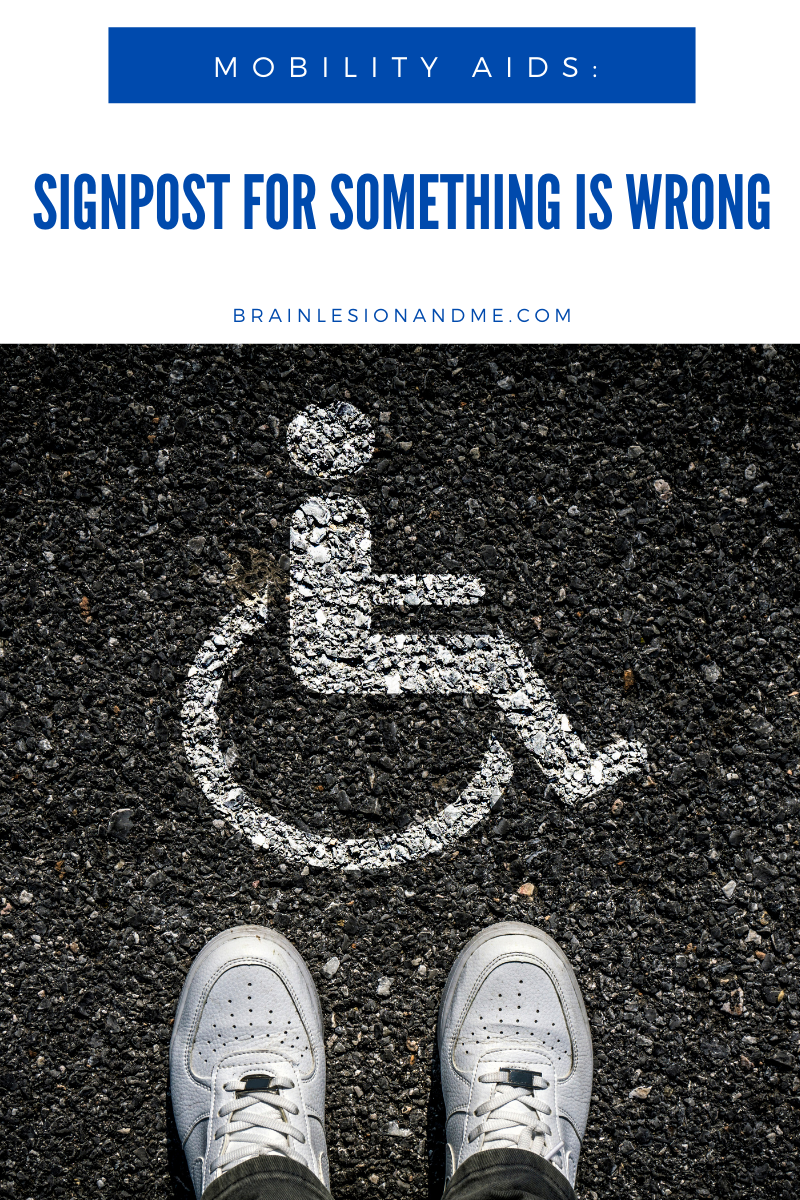
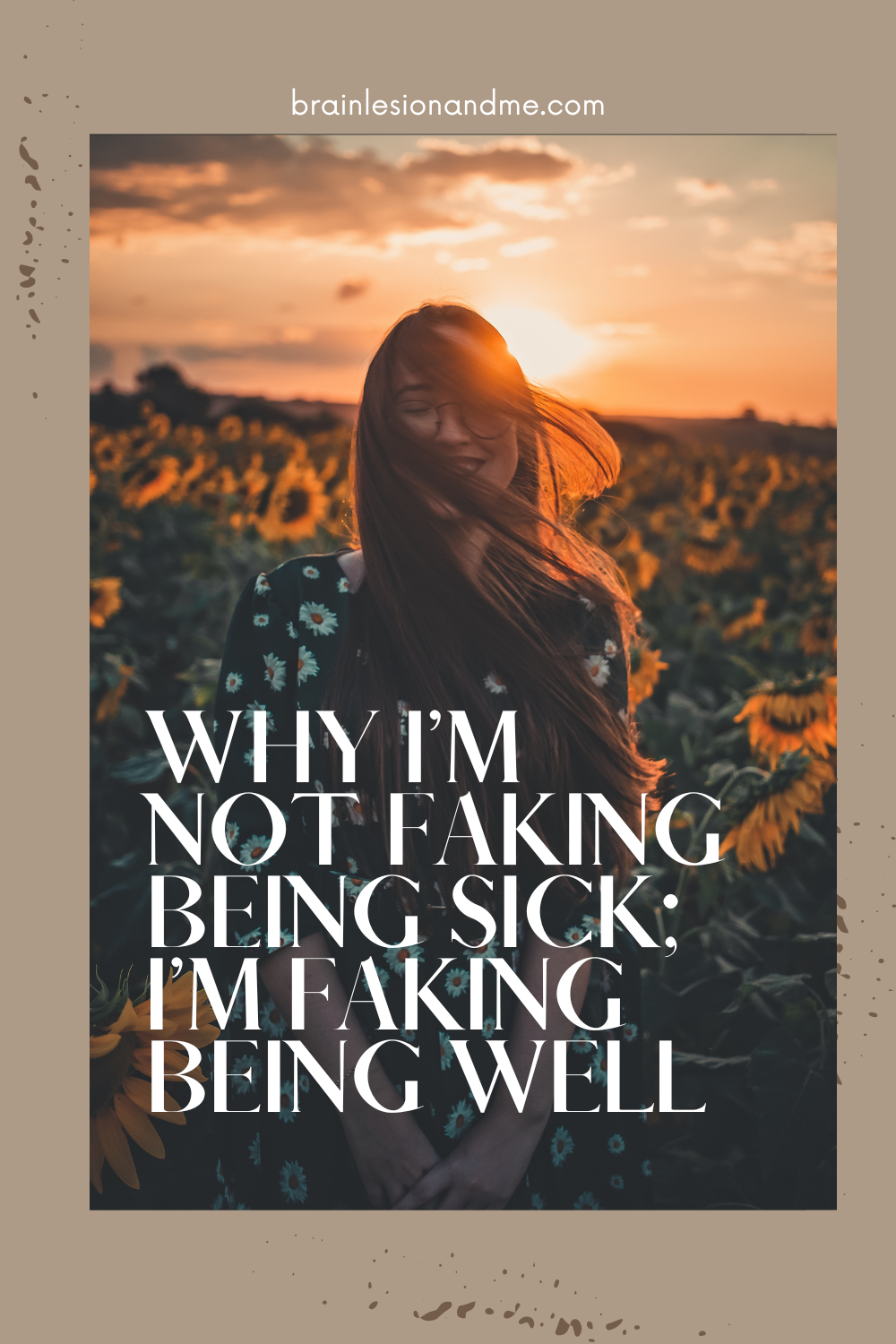

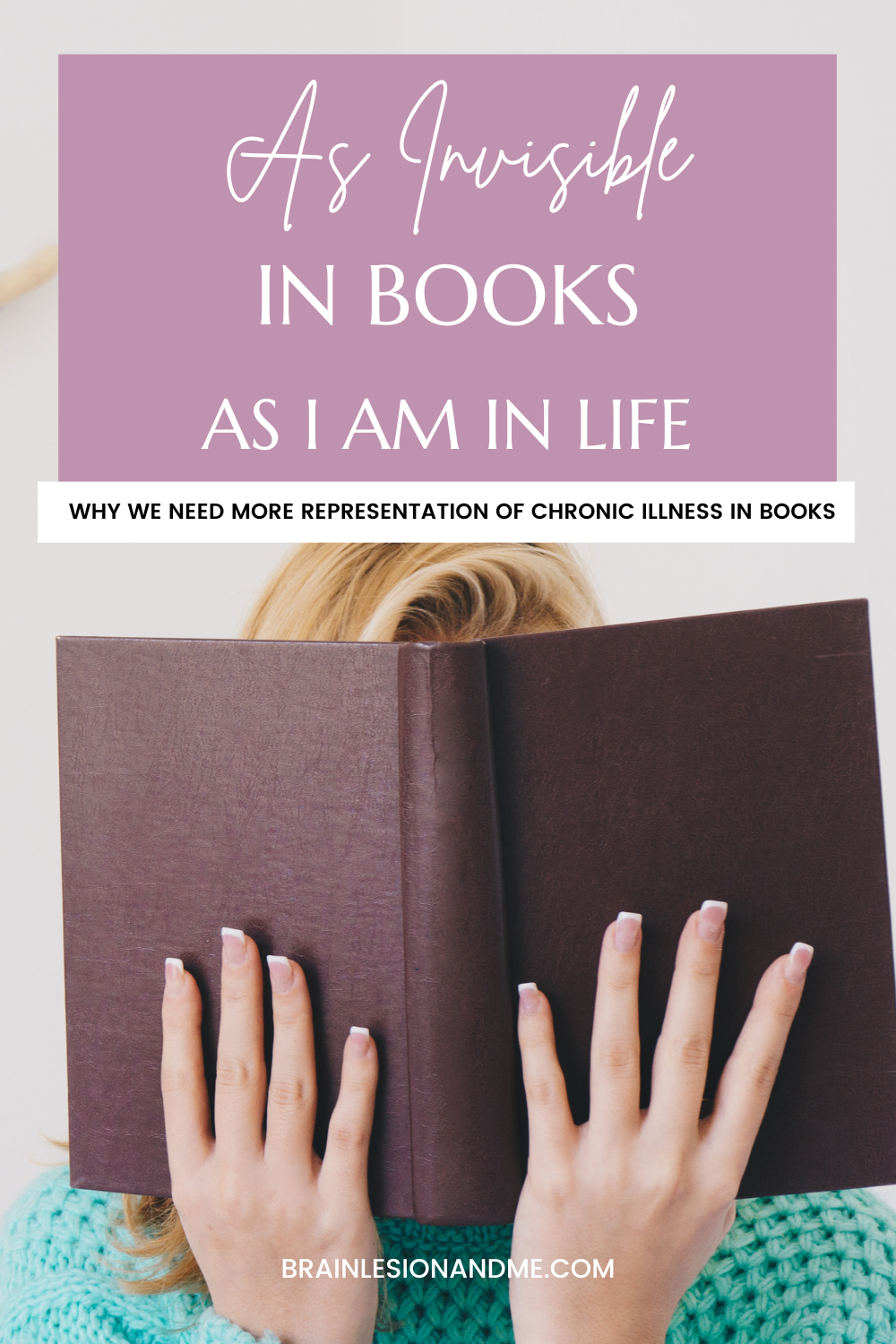
chronic mom
You put my feelings into words. I really struggle to share about my disability. A lot of people just don’t get it, so sometimes it’s easier to hide.
Savannah bon
Agreed. Now, Mostly people in the world can’t understand your feelings of pain. I think it’s better to hide the pain inside because it hurt more when other people laugh on your life!